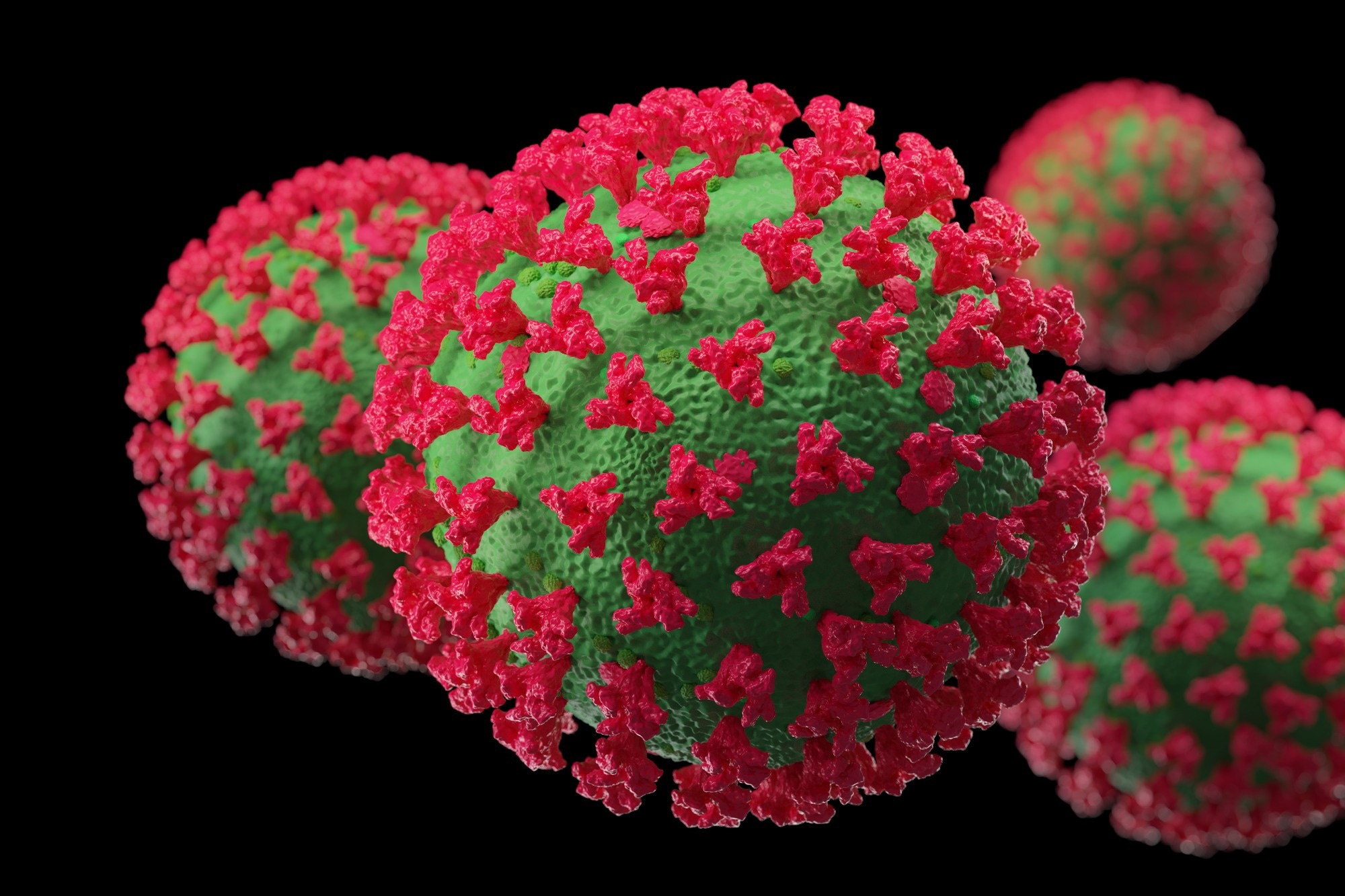In a recent study posted to the bioRxiv* preprint server, researchers used a severe acute respiratory syndrome coronavirus 2 (SARS-CoV-2) spike (S) protein-pseudotyped viral model to characterize SARS-CoV-2 BA.2.86 variant neutralization by monoclonal antibodies (mAbs) and by sera obtained from Stockholm, inclusive of a recent group, and another group sampled before the XBB variant emerged in Sweden.

Study: Sensitivity of BA.2.86 to prevailing neutralising antibody responses. Image Credit: joshimerbin/Shutterstock.com

 *Important notice: bioRxiv publishes preliminary scientific reports that are not peer-reviewed and, therefore, should not be regarded as conclusive, guide clinical practice/health-related behavior, or treated as established information.
*Important notice: bioRxiv publishes preliminary scientific reports that are not peer-reviewed and, therefore, should not be regarded as conclusive, guide clinical practice/health-related behavior, or treated as established information.
Background
A novel SARS-CoV-2 variant known as BA.2.86 has recently surfaced in nine countries, including Denmark, Israel, the United States of America, the United Kingdom (UK), Portugal, South Africa, Canada, France, and Sweden.
The development of the BA.2.86 variant is similar to the emergence of the SARS-CoV-2 Omicron BA.13 variant, with more than 30 amino acid substitutions within the spike glycoprotein in relation to the BA.2 variant, including many mutations in the main antigenic regions.
The novel variant has raised concerns regarding the variant’s susceptibility to previously authorized medical mAbs and the extent to which the variant can escape antibody-mediated immune reactions in the present scenario, in which individual histories of exposure are a complicated combination of several coronavirus disease 2019 (COVID-19) vaccinations and prior COVID-19 history.
About the study
In the present study, researchers investigated whether the SARS-CoV-2 BA.2.86 variant was sensitive to existing neutralizing antibody immune responses.
For the study, a SARS-CoV-2 BA.2.86 variant spike glycoprotein-pseudotyped viral model was employed. The researchers assessed BA.2.86 neutralization by serum obtained from blood donor individuals in Stockholm at week 34 (i.e., between August 21 and 27, 2023) to describe the relative susceptibility of the BA.2.86 variant to antibody-mediated immune responses at a population level.
To gain insights into the effects of exposure to the SARS-CoV-2 XBB variant, the team also measured the neutralization of the BA.2.86 variant by sera provided by blood donor individuals before XBB circulation (week 39, i.e., between September 26 and October 2, 2022). BA.2.86 was compared to the baseline BA.2, as well as the lately predominant XBB.1.5.
A phylogenetic study of currently competing SARS-CoV-2 variants was undertaken, with variant locations relative to BA.2.86 and relative growth advantages estimated.
BA.2.86 mutations were discovered in comparison to BA.2. Sanger sequencing was used to validate and examine the nucleotide sequences for codon-optimized BA.2.86 spike protein constructions. Multiple site-directed mutagenesis was used to create the XBB.1.5 spike-encoding plasmid. For the culture studies, human embryonic kidney (HEK)293T cells expressing angiotensin-converting enzyme 2 (ACE2) were used.
Pseudovirus neutralization experiments were carried out using spike-pseudotyped lentivirus particles created by co-transfection of HEK293T cells with each spike plasmid, the HIV plasmid, and a transfer plasmid expressing firefly luciferase. The titers of half-maximal inhibitory concentration (ID50) were determined. The monoclonal antibodies utilized in the study comprised a combination of tixagevimab and cilgavimab, S309, and LyCoV1404. The SARS-CoV-2 datasets from the Global Initiative for Sharing All Influenza Data (GISAID) were used for the variant competition analysis.
Results
BA.2.86 was resistant to cilgavimab and tixagevimab (Evusheld), LY-CoV1404 (bebtelovimab), and S309 (sotrovimab), all of which are therapeutically relevant monoclonal antibodies.
Across all three types, ‘pre-XBB’ sampled sera had significantly lower (four- to six-fold) neutralizing Ab titers compared to the recently obtained sera, with nine of the 12 samples from pre-XBB variant times having half-maximal inhibitory concentration titers below the detection cut-off.
Serum exhibited slightly lower mean neutralizing titers for the BA.2.86 variant compared to those against the XBB variant at both periods. Titers against the BA.2.86 variant were likewise greater than 10 times lower than those against the original BA.2 strain.
Current blood samples from Swedish patients exhibited higher titers for all SARS-CoV-2 variants tested, most likely because of infections caused by the XBB variant or its descendant strains. Of note, titers against the BA.2.86 variant were found in eight of twelve recent sera samples.
Amino acid substitutions identified in the BA.2.86 variant included:
ins16MPLF, S50L, R21T, V127F, HV69-70Δ, F157S, Y145Δ, N211Δ, R158G, L216F, L212I, A264D, H245N, D339H, I332V, R403K, K356T, V445H, N450D, G456S, N460K, L452W, V483Δ, N481K, F486P, A484K, E554K, R493Q, P621S, A570V, H681R, I670V, P1143L, and S939F.
Conclusions
Overall, the study findings highlighted the BA.2.86 variant susceptibility to neutralizing antibodies. Nothing is certain regarding BA.2.86 infection severity, and with attenuated worldwide SARS-CoV-2 genetic sequencing and surveillance efforts, it may be very early to predict if the BA.2.86 variant, or any of its progeny, would outcompete SARS-CoV-2 variants currently in circulation.
While the emergence of another SARS-CoV-2 Omicron-like variant should be viewed with caution, the immune evasiveness of the BA.2.86 variant did not seem as profound as it was during Omicron variant emergence in the SARS-CoV-2 Delta variant-dominant period, most likely due to multiple COVID-19 vaccinations and a history of prior infections.

 *Important notice: bioRxiv publishes preliminary scientific reports that are not peer-reviewed and, therefore, should not be regarded as conclusive, guide clinical practice/health-related behavior, or treated as established information.
*Important notice: bioRxiv publishes preliminary scientific reports that are not peer-reviewed and, therefore, should not be regarded as conclusive, guide clinical practice/health-related behavior, or treated as established information.